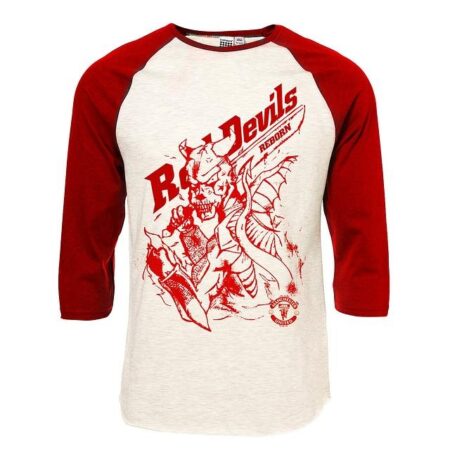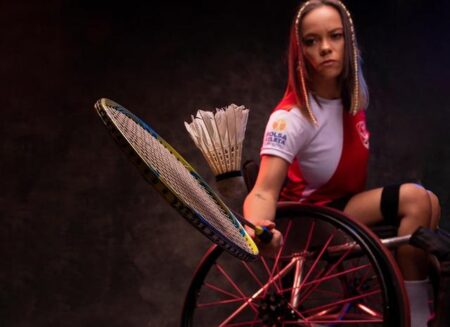As the intersection of sports and politics continues to spark nationwide debate, a recent Morning Consult Pro survey sheds light on how Americans perceive athletes and sports organizations engaging in political discourse. The findings reveal a nation divided, with varying opinions shaped by factors such as age, party affiliation, and sports fandom. This article explores the latest data on public sentiment toward political activism in the sports world, examining the implications for athletes, teams, and the broader cultural landscape.
Public Opinion Divided on Sports and Political Activism
Americans remain sharply split when it comes to the role sports figures and organizations should play in political discourse. Recent surveys reveal a nearly even divide between those who support athletes using their platforms to advocate for social issues and those who believe sports should remain a neutral space focused solely on entertainment. Supporters argue that athletes have historically influenced social change and that their broad reach can amplify important messages effectively.
On the other hand, critics contend that mixing sports and politics risks alienating fans and detracting from the unifying spirit of athletic competition. Among the key concerns cited are:
- Potential divisiveness within fanbases and teams
- Distraction from on-field performance and achievements
- Commercial ramifications for leagues and sponsors
| Opinion Group | Percentage | Primary Reason |
|---|---|---|
| Supportive of Activism | 48% | Promoting Social Justice |
| Opposed to Mixing Sports & Politics | 44% | Maintaining Focus on Sports |
| Undecided/Neutral | 8% | Varied |
Impact of Athlete Advocacy on Fan Engagement and Viewership
When athletes take public stances on social and political issues, the ripple effects on fan engagement and viewership are both significant and multifaceted. While some fans feel a stronger connection to sports figures who voice their beliefs, appreciating authenticity beyond the game, others may disengage, preferring to keep politics separate from entertainment. Recent data suggests a clear divide: 52% of sports fans report increased loyalty to athletes who advocate for causes they believe in, whereas 28% admit to tuning out or avoiding games due to controversial statements. This polarization challenges leagues and broadcasters to navigate a landscape where advocacy can both attract and alienate different segments of their audience.
Moreover, the influence of athlete activism transcends mere emotional responses, often translating into measurable shifts in viewership patterns. An emerging trend shows that fans drawn to socially conscious athletes tend to engage more deeply – following players on social media, participating in related conversations, and supporting cause-driven campaigns. Below is a snapshot of fan reactions broken down by demographics:
| Demographic | Increased Engagement (%) | Decreased Viewership (%) |
|---|---|---|
| 18-29 years old | 65 | 15 |
| 30-49 years old | 48 | 30 |
| 50+ years old | 35 | 40 |
- Younger audiences generally welcome athlete activism.
- Older viewers are more divided, often showing signs of fatigue or frustration.
- Teams with openly engaged athletes see spikes in merchandise sales and social media interactions.
Corporate Sponsors Respond to Political Statements in Sports
In recent years, the intersection of sports and politics has prompted a variety of reactions from corporate sponsors, many of whom are increasingly cautious in their public affiliations. Companies are recognizing that taking a stance-or being perceived as one-can significantly affect their brand reputation and consumer base. According to recent data, some sponsors have chosen to distance themselves from athletes or events embroiled in controversy, while others have doubled down on support, viewing these partnerships as opportunities to align with social values and resonate with younger, more politically engaged audiences.
Corporate responses typically fall into three broad categories:
- Strategic Neutrality: Avoiding explicit political statements, focusing solely on the sports narrative to maintain broad appeal.
- Activist Allyship: Publicly backing athletes’ political expressions, leveraging social issues for brand differentiation.
- Divestment: Withdrawing sponsorships from organizations or individuals who become focal points in political disputes.
| Corporate Approach | Percentage of Sponsors | Typical Examples |
|---|---|---|
| Strategic Neutrality | 45% | Major apparel brands, beverage companies |
| Activist Allyship | 35% | Telecom firms, tech giants |
| Divestment | 20% | Automotive brands, conservative consumer goods |
Strategies for Navigating Political Expression in the Sporting World
The Conclusion
As debates continue over the role of politics in sports, the Morning Consult Pro data highlights a nation divided in its perceptions and expectations. While some Americans welcome athletes and sports organizations using their platforms to advocate for social and political change, others prefer to keep politics separate from the game. Understanding these nuanced viewpoints provides valuable insight for stakeholders navigating the evolving intersection of sports and political expression in the United States.





